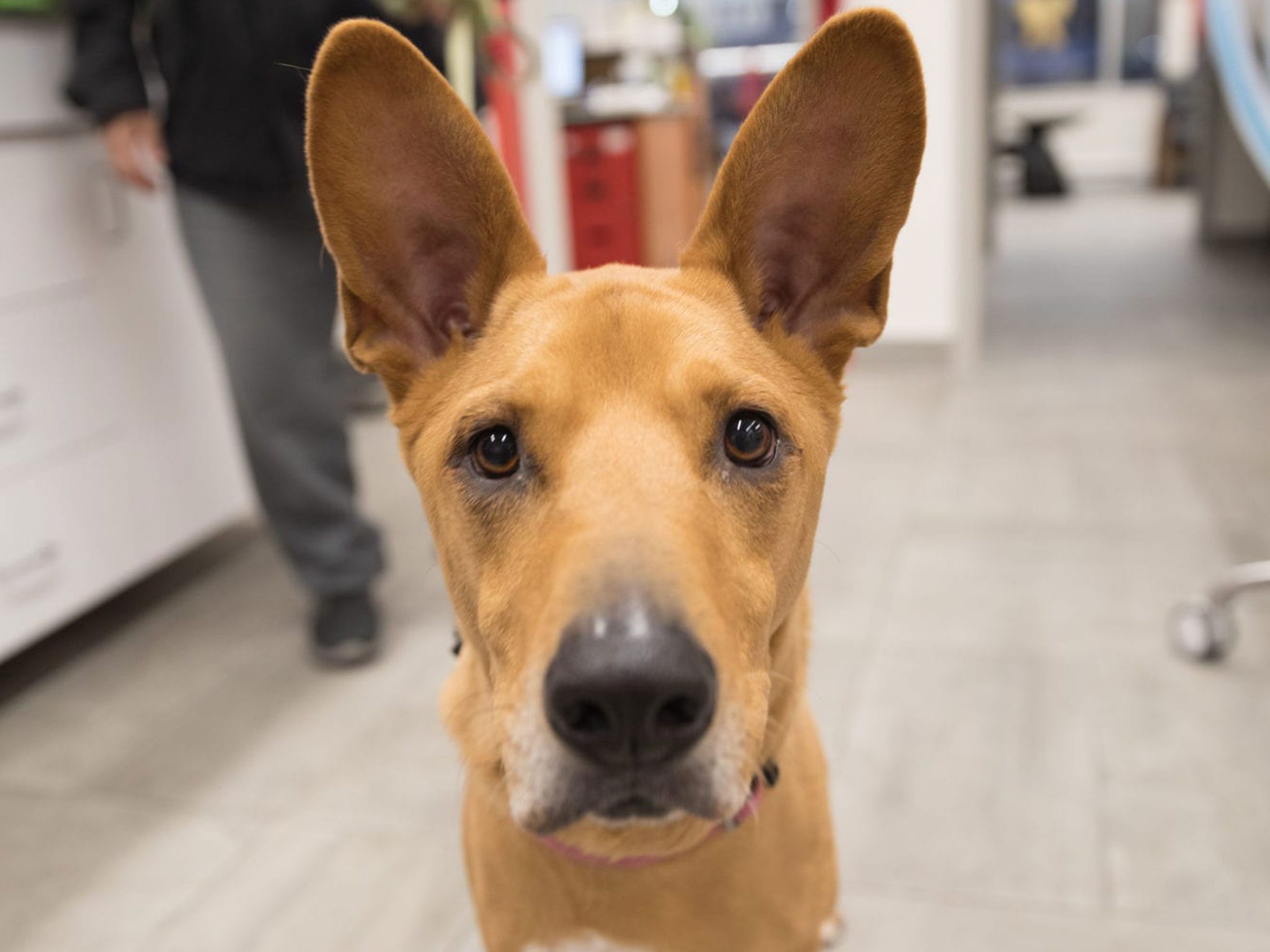
6 Tips to Avoid Common Pet Emergencies in the Summer
Dr. Jennifer Kunisch Miller
Call & Speak with a doctor Open 24/7, Even Holidays!
Walk in today for:
Emergencies
Point-of-Care Ultrasound
Urgent Care
X-Rays
Diagnostics + Testing
End-of-Life Care
Surgery
Treatment + Hospitalization
Summer is filled with good vibes and lots of fun, but it’s more important than ever to know how to keep your pet safe during the warmer months. As a responsible pet owner, you should take time to learn some of the best ways to avoid emergencies during summer.
In the article below, we’ll explore six of the most important tips for you to keep in mind. By remembering this information, you can provide your pet with the safest possible summer.
MONITOR PETS OUTSIDE
When your pet is outdoors, always keep an eye on him. The more closely you monitor your pet while outside, the better chance you’ll have at preventing or reducing the risk of injury. For example, you may be able to stop him before he escapes into the road or eats something he shouldn’t.
This is an important factor to keep in mind when your pet is outside at any time of the year. However, since pets spend more time outdoors during summer than other months, it is especially crucial when the weather turns warm.
ALWAYS PROVIDE SHADE AND WATER
Whether your pet is indoors or outside, make sure you always give him enough water. This is also true at any time of the year, but during the summer, it’s easy for pets to overheat even when you still feel comfortable yourself. This is because pets are furry and humans are not—and pets don’t have the option to sweat as easily as humans do!
Additionally, if your pet is spending any time outside, make sure to provide him with access to shade. There is still a risk of heatstroke. outside if it’s hot and/or humid enough even with enough shade and water, so it’s important to keep a close eye on your pet if they’re outside when it’s hot.
TAKE LOTS OF BREAKS
You should always make sure to spend time playing with your pets every day, no matter what type of pet you might have. But during the summer, your pet may overheat or become overexerted more easily while playing due to the increased temperature. Because of this, it’s important to take lots of breaks when exercising or playing with your pets.
During a break, your pet should rest, pant, catch his breath, and have a drink of water. Don’t offer food or treats during a break if you’re going to go back to playing, however, as this may cause your pet to vomit due to an unsettled stomach.
REMOVE TOXIC PLANTS
You may be tempted to plant your home or yard full of all kinds of beautiful plants during the summer months. However, make sure you don’t plant anything that could be potentially toxic to your pet. Remove toxic plants from the parts of the home or yard where your pet has access, too.
The more plants you have in your yard or home, the more likely it will be for your pet to take a bite of one now and then. You should work to ensure that your pet cannot be harmed by any plants you have during the summer or any other time of the year.
CHECK FOR BITES AND STINGS
Any time your pet has been outdoors, even just for a few minutes, you should check him for signs of stings or bites from insects or snakes. During the summer, insects and snakes are much more active than they are at other times of the year, and there is an increased risk of bites and stings.
If your pet has been bitten or stung, try your best to find out what caused the bite. Whether you can or not, contact your vet and be prepared to take your pet to the vet or emergency vet immediately if any concerning symptoms appear.
WATCH PETS AROUND WATER
Finally, keep a close eye on your pets around the water. The summer is a great time to fill in the backyard pool or take your pet to the beach, but you should always know how to respond if your pet suffers from any type of distress while in the water.
If you have a dog (or a cat) who loves to swim, always put your pet in a life vest before allowing him in the water. This way, you will have a method of rescuing your pet if something goes wrong.
Don’t allow your pet to drink seawater because the salt content can make your pet sick and even become life threatening. Additionally, do not allow your pet to drink stagnant water because this can have a high level of bacteria or protozoa, which can make them sick.
If after being around water your pet develops diarrhea, vomiting or abnormal behavior such as depression, seek veterinary care immediately.
CALL AN EMERGENCY VET FOR ANY COMMON SUMMER PET EMERGENCY
Now that you’ve learned a little bit more about how to protect your pet during the summer, you should be prepared for plenty of fun in the sun with your furry friend! Just remember that, no matter what type of pet you have, you should always be prepared to go to the vet or the emergency vet if you notice signs of any concerning problems.
During the summer, it’s important to be on the lookout for signs of heatstroke, injuries, overexertion, and insect or snake bites. If you see any problems like these, get to the vet for best results.
If you have any questions about what to do for your pet, call any one of our VEG locations. You’ll be able to talk directly with an emergency veterinarian who will be able to provide advice on what you should do.

